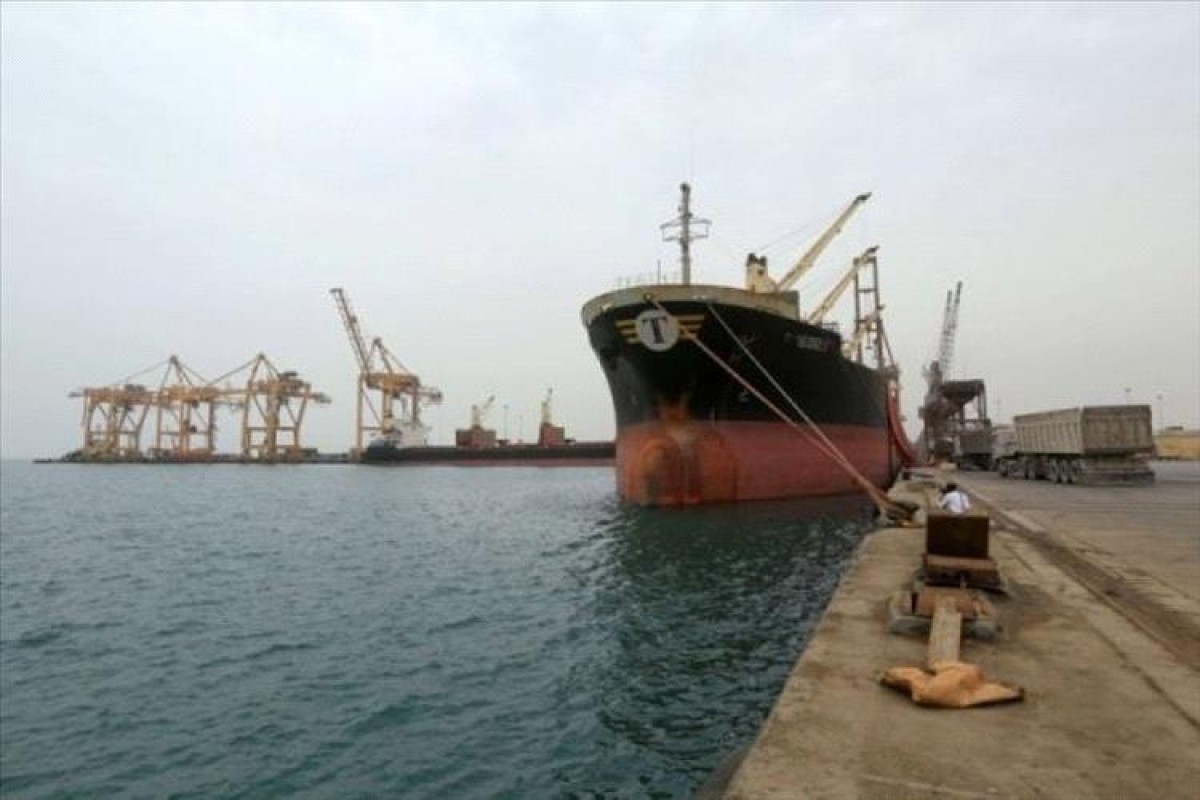A sharp decline in import traffic at Hodeidah Port


The air strikes launched by the US-British coalition on the ports of Hodeidah caused a significant decline in shipping traffic, which led to a decrease in the reception of ships carrying food and oil imports.
A UN official indicated that operations at Hodeidah port, which is used to receive humanitarian aid imports, have declined to about a quarter of its capacity.
The UN official confirmed that the situation is still unstable, as it cannot be certain that the ceasefire agreement in the Gaza Strip will be sufficient to stop the attacks between the Houthi group, allied with Iran, and Israel.
Since November 2023, the Houthis have launched attacks on international shipping traffic near the coast of Yemen, in solidarity with the Palestinians in the war between Israel and Hamas in the Gaza Strip, which prompted Israel to bomb vital ports and facilities, including the port of Hodeidah overlooking the Red Sea.
Julian Harness, the UN Resident and Humanitarian Coordinator in Yemen, indicated in his statements during a UN meeting in Geneva via video technology that the impact of the air strikes on the port of Hodeidah has been “very significant” in the past few weeks. .
He added that four out of five Qatari boats in the port, which were important for escorting large ships carrying imports, had sunk, while the fifth boat was damaged.
Harness explained that civilian crews working on board ships show great reluctance to complete their work due to these attacks, which has led to a significant decline in the port’s capacity.
He pointed out that the port is mainly used to transport a large portion of the humanitarian aid received into Yemen.